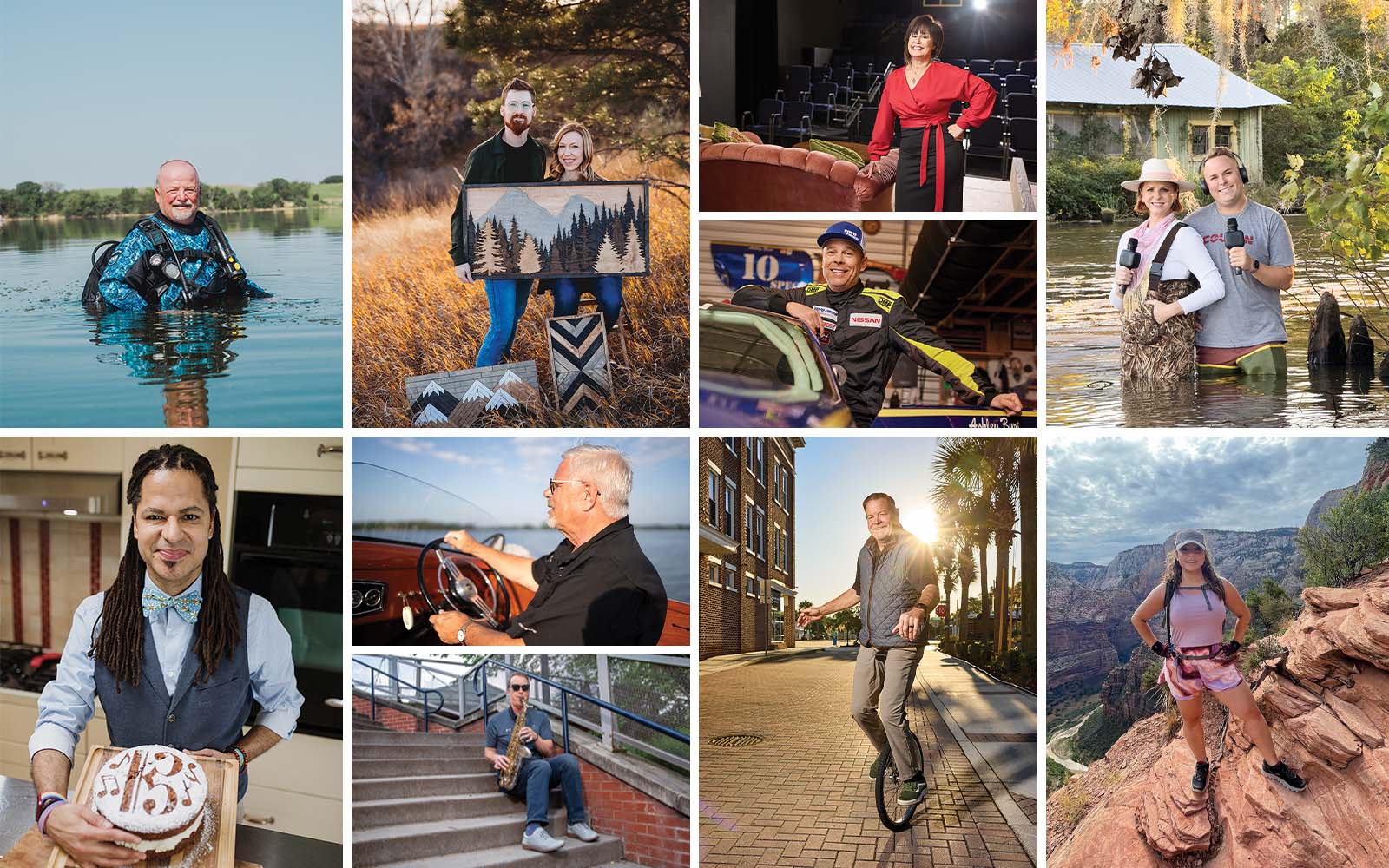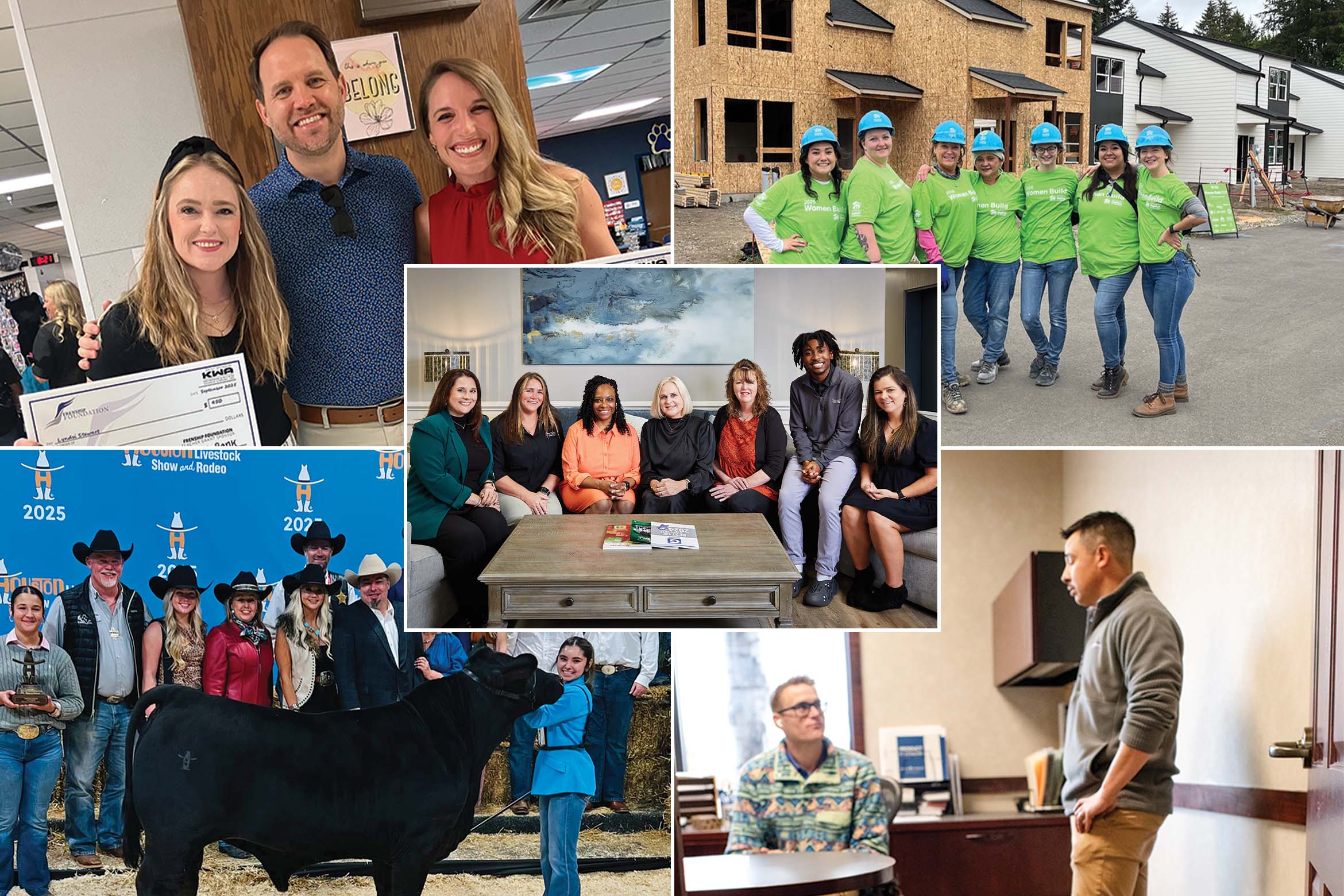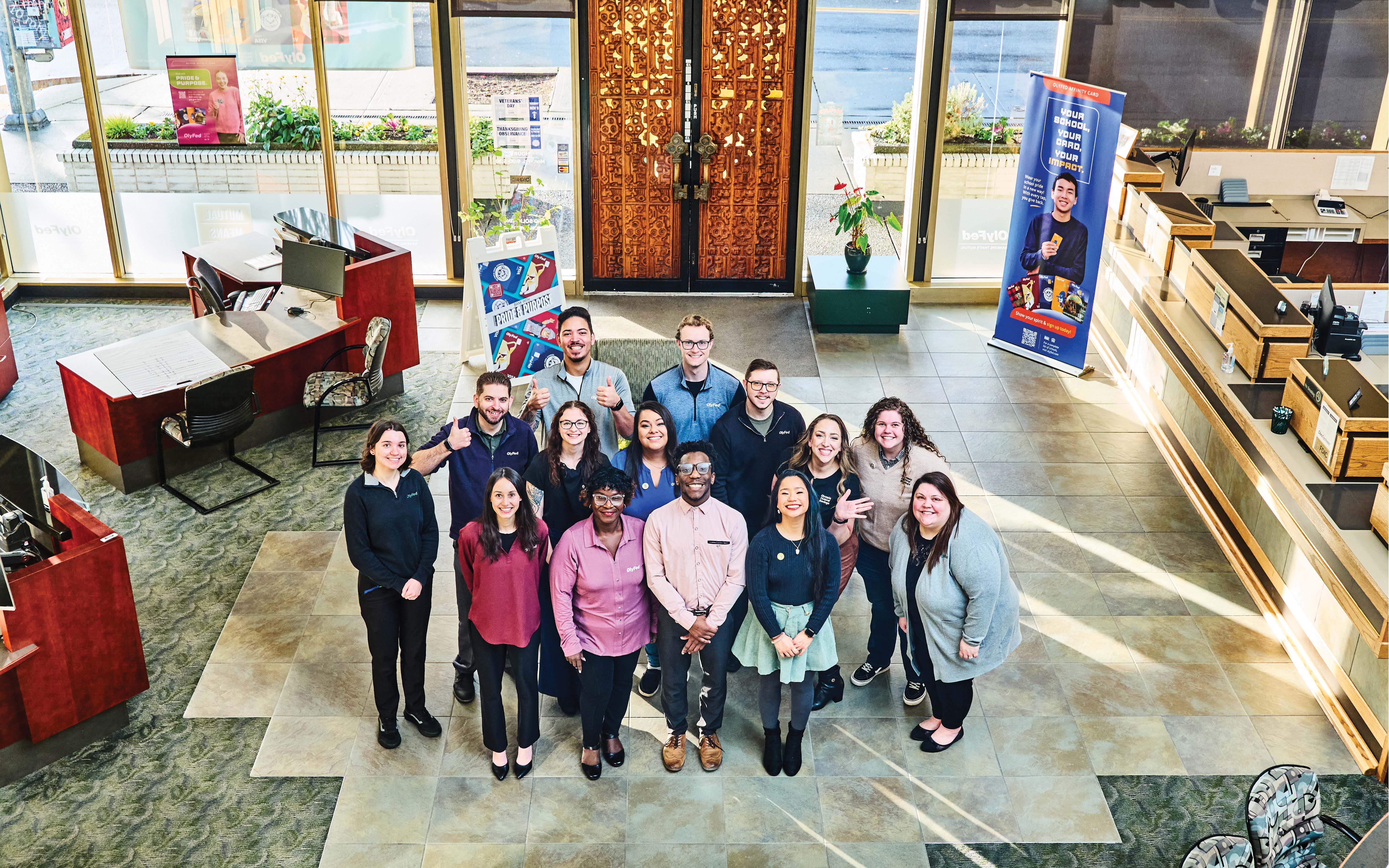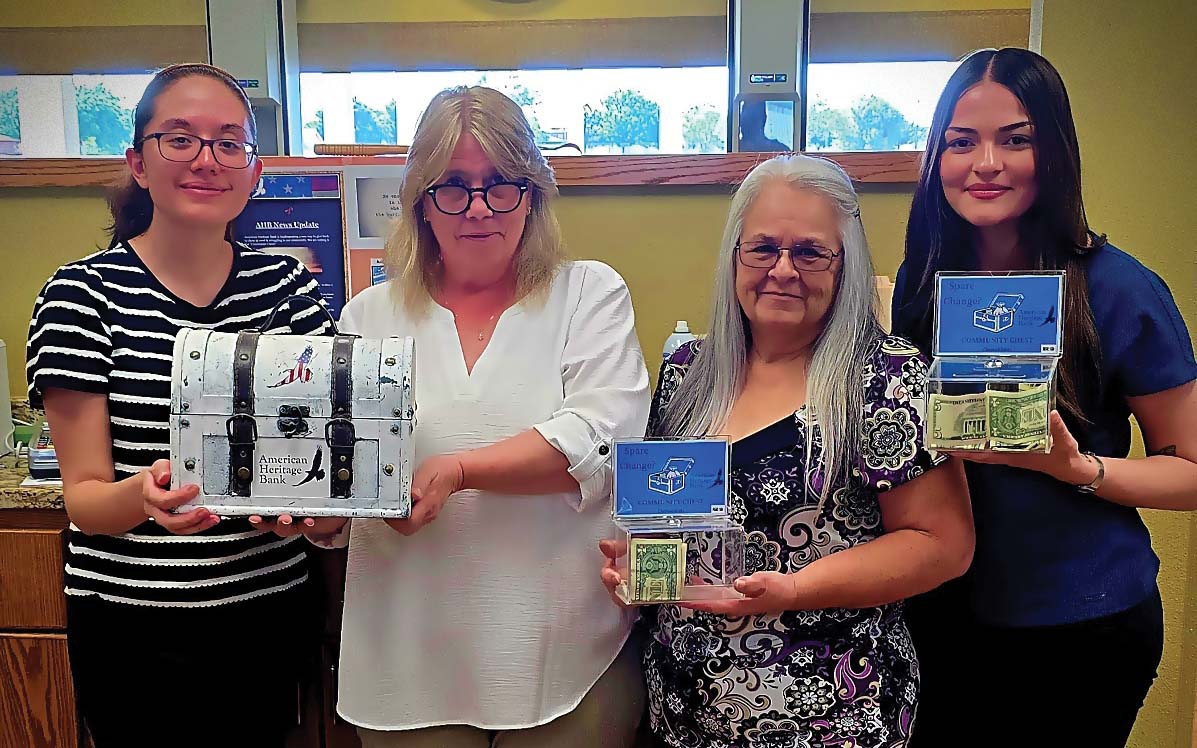The executive vice president and chief lending officer at $4.4 billion-asset ChoiceOne Bank in Sparta, Michigan, has trained hunting dogs for decades.
Out of Office: Brad Henion
October 01, 2025 / By ICBA
The executive vice president and chief lending officer at $4.4 billion-asset ChoiceOne Bank in Sparta, Michigan, has trained hunting dogs for decades.
My dad used to raise German shorthaired pointers and was an avid hunter. So, [when I was] somewhere between 10 and 12, I started training [and] hunting with him. … I’ve been training ever since, so 40 years now.
It’s fun to watch the progress, to watch the dog develop [and to] develop that connection with the dog. You really become like one together in the field as you hunt. … The passion for me is, you take a puppy that’s eight weeks old, who just has instincts, and you mold them into your hunting partner.
I use positive enforcement for my training. … You [have] to start by building a bond with them. That’s why all my hunting dogs are house dogs, too. … They see you as like the leader, the pack leader. … [Once the dogs have] developed that sense [of] camaraderie and attachment to you, that’s been my key to success.
Do you or a fellow community banker have a cool hobby? You could be featured on this page! Email magazine@icba.org and tell us about it.
In Michigan, we hunt a lot of wooded area, dense thickets for grouse. … You need a dog who works very close to you, or else [they will] disappear into the woods. And then we’ll go out west to North Dakota and South Dakota. [The dog] will hunt large, open fields for pheasants [in] corn fields, bean fields and grass fields.
I had one dog, Dory, who won multiple hunting awards [at] the Great Lakes Sports Dog Association. … The number of people who have come up [to me] and want to work with Dory or work with me because of that exposure and what I developed with her in that training, I think that’s probably one of my proudest moments.
Subscribe now
Sign up for the Independent Banker newsletter to receive twice-monthly emails about new issues and must-read content you might have missed.
Sponsored Content
Featured Webinars
Join ICBA Community
Interested in discussing this and other topics? Network with and learn from your peers with the app designed for community bankers.
Subscribe Today
Sign up for Independent Banker eNews to receive twice-monthly emails that alert you when a new issue drops and highlight must-read content you might have missed.
News Watch Today

Join the Conversation with ICBA Community
ICBA Community is an online platform led by community bankers to foster connections, collaborations, and discussions on industry news, best practices, and regulations, while promoting networking, mentorship, and member feedback to guide future initiatives.













